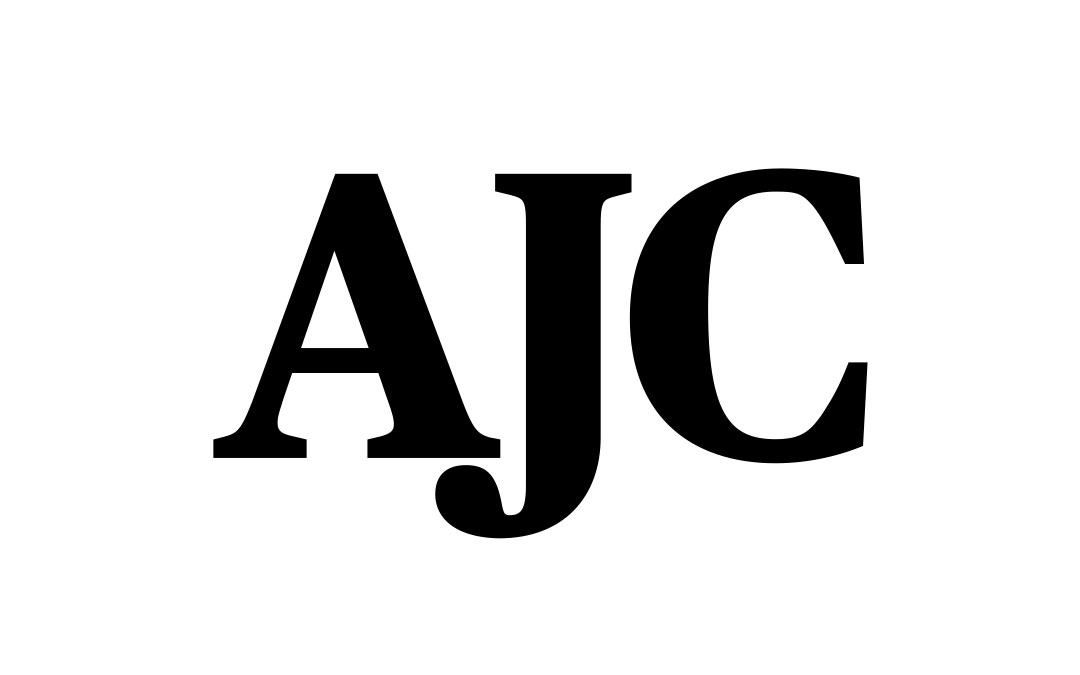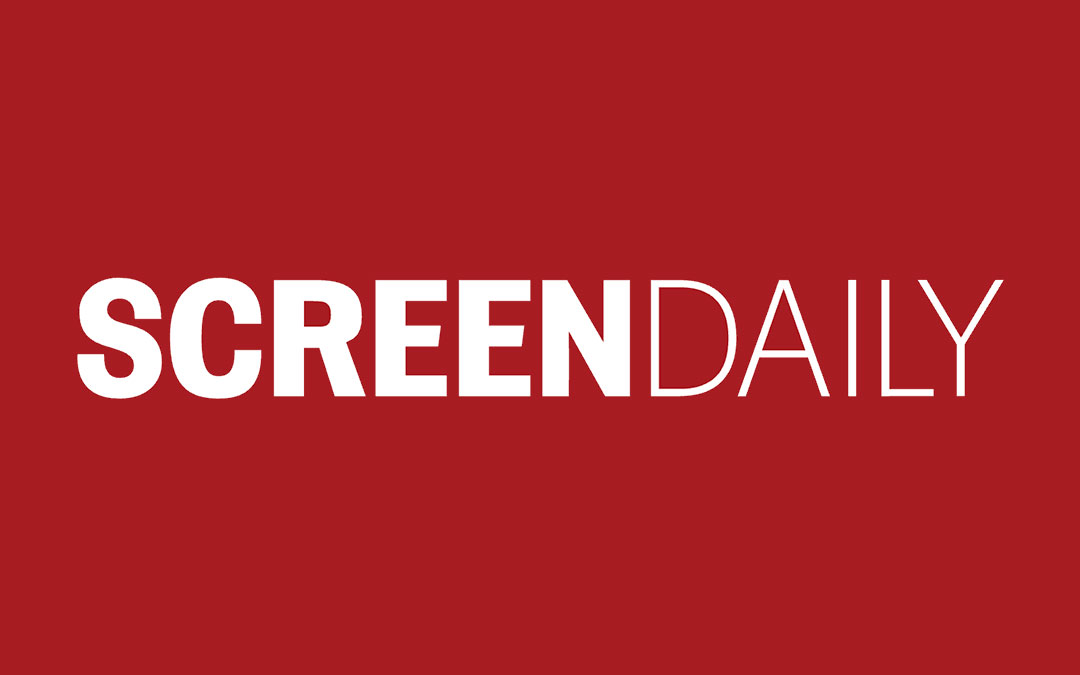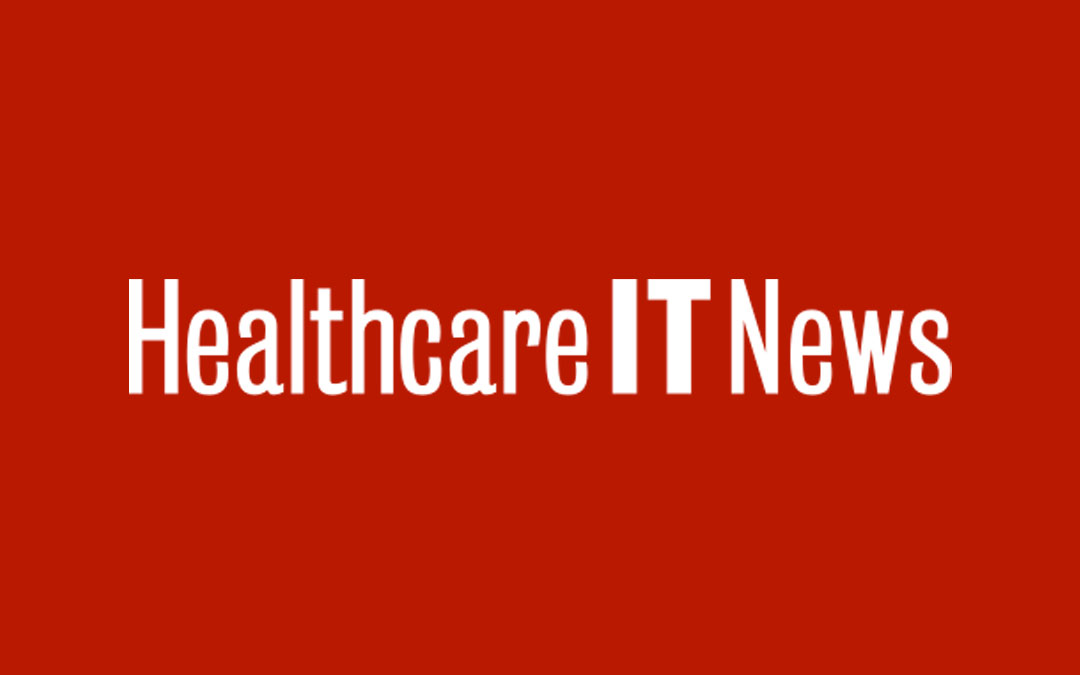The test, developed by a Rutgers lab, could be a safer and faster alternative.
In a Rose Garden briefing Tuesday President Donald Trump touted a potential new way of testing for the novel coronavirus could be safer for suspected coronavirus patients and health care workers and help alleviate the backlog in hard-hit cities — spit.
The Food and Drug Administration gave emergency authorization Friday for a testing method developed by a Rutgers University lab that, instead of relying on swabs that reach deep into the nasal cavity, is designed to check for evidence of the virus in a patient’s saliva.
“I call it innovation under pressure,” Trump said. “The tests can be self-administered by patients in health care settings, which will reduce exposure for medical workers and save personal protective equipment.”
Rutgers said the saliva tests are already being made available to the large New Jersey health care system RWJBarnabas and at a number of New Jersey hospitals and facilities. A drive-thru testing facility utilizing this new method is also planned this week in Edison, New Jersey.
Though the tests are only now ramping up, already several companies have begun working on manufacturing and selling versions of them, including the start-up Vault Health, a New York-based men’s health company.
“We literally said, we have a way to do this and put this together,” Jason Feldman, Vault founder and CEO, told ABC News.
Until the global pandemic, Vault was a business focused on helping men identify and treat issues related to low testosterone. They said they made an abrupt transition.
“We decided, let’s go ahead and build the capability so testing can be put out as quickly and broadly as possible,” Feldman said.
The Vault version closely resembles the way many well-known commercial genealogy companies collect DNA samples – asking patients to spit in a vial filled with preservative, and sending the vials overnight to a lab for review.
Another company that has announced plans for a saliva test, the Atlanta-based BioIQ, claimed the saliva model is considerably more safe and efficient.
“Saliva has two real benefits,” said Justin Bellante, CEO of BioIQ. He said it preserves swabs – which have been an increasingly scarce resource. And it protects health care workers.
Tune into ABC at 1 p.m. ET and ABC News Live at 4 p.m. ET every weekday for special coverage of the novel coronavirus with the full ABC News team, including the latest news, context and analysis.
“When a physician uses a [nasal] swab, they have to put that so far back into the nostril that many people sneeze. They get all that [fluid] on the personal protective equipment of the physician,” he said.
Andrew Brooks, a senior official at the New Jersey Rutgers-affiliated biological lab that submitted the test to the FDA, said Monday in a press release, “We can preserve precious personal protective equipment for use in patient care instead of testing. We can significantly increase the number of people tested each and every day as self-collection of saliva is more quick and scalable than swab collections. All of this combined will have a tremendous impact on testing in New Jersey and across the United States.”
But there are initial impediments to a saliva-based test, experts said.
Virologists believe the coronavirus first enters the body through the nasal passage, so the initial tests were focused on collecting samples where they knew they would find it. Experts in microbiology told ABC News it is plausible that the presence of virus in saliva would theoretically come from the nasal secretions that produce results for a nasal swab.
There remain questions as to whether the levels of virus in saliva would be high enough to be reliably detected. Saliva testing may carry similar false negative rates as swab testing, initial testing shows, according to ABC News medical contributor Dr. Mark Abdelmalek.
A review of the saliva test submitted to the FDA by the Rutgers Clinical Genomics Laboratory, which is working with Vault Health, indicated that a small sample size of cases indicated saliva tests were just as reliable in picking up the virus.
“The test itself is very accurate,” Ballante, the BioIQ CEO, said. “If you look at the lab validation studies — in a lab setting they perform just as well as other sample types.”
Performance should be monitored but, if successful, should be particularly helpful because it reduces the risk of being exposed to the virus compared to other testing methods. Testing could also be expanded to vulnerable populations that might have less easy access to testing locations.
Vault has said it is sending its tests to patients directly, for them to perform on themselves with a doctor virtually supervising — a controversial interpretation of FDA regulations regarding at-home testing versus testing in a “clinical environment.” Vault Health advertises the testing kit on its website for $150.
In a recent appearance on “Fox and Friends,” FDA chief Dr. Stephen Hahn said that the test that received emergency authorization was not approved for home use.
“This is not an at-home test,” Hahn said of the government-authorized method. “This still has to be performed with a provider, but it does provide great advantages moving forward and expands the opportunities for testing.”
Abdelmalek said concerns about self-administered tests stem in part from the worry that the patient could make an error that leads to an incorrect outcome — and waste valuable testing resources in the process.
BioIQ said it opted to wait before attempting the at-home approach.
For the developers of the Vault test, the reliance on telemedicine is in keeping with the trends across the medical field — a movement born largely out of the coronavirus crisis.
“Telehealth … is no different than if a patient was standing in front of a medical professional in a physical office,” a Vault company spokeswoman said. “Vault believes this is an effective method to maintain the safety of medical professionals and the patients to whom they provide care.”
In general, telemedicine has seen a rapid expansion and growing acceptance as the sick or injured avoid in-person hospital visits if at all possible during the pandemic.
“COVID has changed the way we look at telemedicine. Patients and doctors are relying on telemedicine for meaningful interactions,” said Abdelmalek. “So collecting a saliva test — an extremely simple process — is something a health care professional should be able to supervise over a video connection.”
What to know about coronavirus:
- How it started and how to protect yourself: coronavirus explained
- What to do if you have symptoms: coronavirus symptoms
- Tracking the spread in the US and Worldwide: coronavirus map
Jay Bhatt, a practicing internist and Aspen Health Innovators Fellow, is an ABC News contributor.




